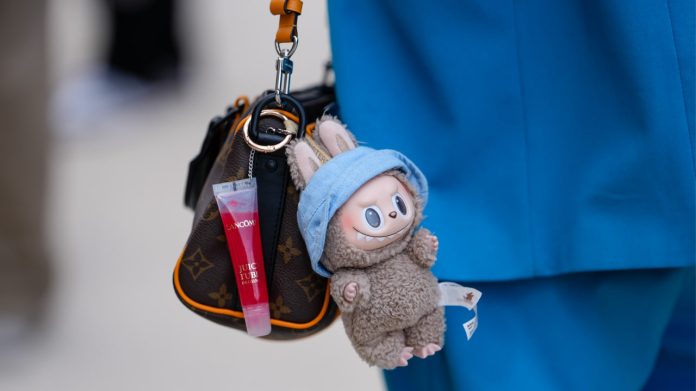Authorities in Erbil, capital of Iraq’s Kurdistan Region, enacted a comprehensive ban on the sale of Labubu collectible dolls, confiscating approximately 2,000 units and initiating legal action against six local businesses, according to Arab media.
Hogir Ali, director of Erbil’s commercial monitoring body, confirmed the move was driven by documented consumer exploitation and cultural incompatibility rather than unverified supernatural claims.
These sales tactics misled consumers, especially when lower prices were advertised for dolls that were unavailable, pushing buyers toward more expensive options.
He further emphasised cultural objections, noting the doll’s design is “far from our customs and traditions.”
The ban specifically targets Pop Mart’s “blind box” sales model, which requires customers to purchase randomised packages to obtain rare variants. This practice, criticised by Ali for placing an “unjust burden” on families, has triggered global scrutiny. Chinese regulators recently banned banks from using Labubu dolls as customer incentives, while UK stores temporarily suspended sales after chaotic scenes involving resellers and fights over stock.
In Erbil, officials have also coordinated with border checkpoints to halt further imports, citing concerns about unethical marketing and cultural misalignment.
Although online conspiracy theories linking Labubu to Pazuzu, an ancient Mesopotamian demon, proliferated on platforms like TikTok, Kurdish authorities did not reference these claims in their official rationale. The theories, debunked by creators and critics alike, allege the dolls carry “demonic energy,” prompting some users to film themselves burning them.
The ban coincides with escalating international challenges for Pop Mart. Counterfeit dolls seized in Aberdeen, Scotland, were deemed “potentially dangerous” due to choking hazards and absent safety labelling.
Meanwhile, Chinese customs agents have intercepted travellers smuggling hundreds of dolls into China for resale, capitalising on price disparities between markets.
Pop Mart’s shares also fell 3.6% in Hong Kong trading after state media criticised blind boxes for risking youth addiction, a significant blow to its $40 billion valuation. As Pop Mart plans to double its US store count by 2025, Erbil’s ban highlights how commercial practices, not just product design, can trigger decisive regulatory action.
